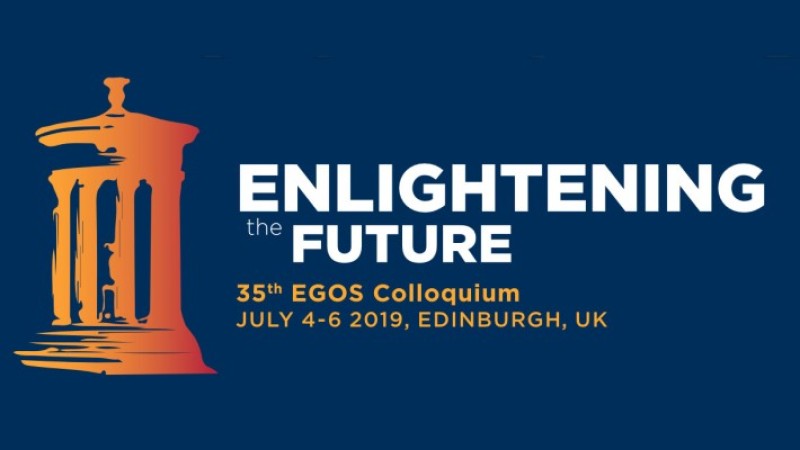The term ‘Enlightenment’ means to bring understanding, provide insight and impart wisdom. The European Enlightenment of the 18th century reflected these ideals, centring on reason as the primary source of authority and legitimacy – and advancing the values of liberty, fraternity and religious tolerance. Running counter to many of the traditions that had entrenched the authority of the monarchy and the Church, European Enlightenment thinking was profoundly unsettling and helped pave the way for the socio-political revolutions which emerged throughout the world in the 19th century.
Led by the great European thinkers such as Cesare Beccaria, René Descartes, David Hume, Immanuel Kant, Adam Smith, Baruch
de Spinoza and Voltaire, the influence of the Enlightenment spread around the world. In the United States, for example, Enlightenment
thinking influenced Benjamin Franklin, helped shape Thomas Jefferson’s contribution to the Declaration of Independence, and
informed James Madison’s work on the Constitution. David Hume, Adam Smith and several other intellectuals helped cement Scotland’s
– and Edinburgh’s – prominent role in the Enlightenment. Hume was born in Edinburgh, studied at the University of Edinburgh
and produced a body of work that became the basis of classical liberalism. A Treatise of Human Nature, published in 1739, is regarded as one of the most important philosophy books of all time.
As EGOS arrives in Edinburgh 280 years after the publication of Hume’s Treatise, it is apposite to reflect upon the Enlightenment and its legacy for the development of our societies. We are in a time when
proclamation and brutalism ‘trump’ civility and reasonableness of discussion, challenging the institutions of democracy. We
seem to be entering a post-truth, even pre-Enlightenment, age in which debate based upon research, reason and respect appears
to be less important than assertion, assumption and, often, abuse. The 2016 Brexit referendum result in the UK and the election
of Donald Trump as US President are just two of the significant effects of this apparent shift towards a new populist approach
and away from the Enlightenment ideals of liberalism, rational debate and the pursuit of knowledge. Decisions appear to be
increasingly determined by who can appeal most effectively to self-interest and sentiment, irrespective of the accuracy of
information.
Technology, while often associated with the opening-up of freedoms and opportunities, has become central to this post-truth
era. This is the case not only in political movements, but also when we consider management and decision-making in organizations.
A commercial model that features largely unregulated, advertisement-funded media internet sites that are rewarded for visits
rather than accuracy has been a key part of the rise and spread of misinformation. The impact of unchecked stories is exponentially
amplified as they are propagated across social media platforms. However, technology can also play a more subtle role in shaping
our understanding. Algorithms direct us to news stories that may be biased or untrue, but that reinforce our understanding
of the ‘truth’ by repeating what we want to hear and insulating our worldviews from discomforting, critical challenges. This
approach to information gathering –
and distribution – does not just occur in (social) media companies: online retailers, such as Amazon, use algorithms
that draw on our previous buying, or viewing, habits to suggest new purchases, exemplifying how organizations of all types
are able to target groups and individuals with ever-greater specificity.
We are therefore entering a new age of organization and management. Technological advances provide ever-increasing access
to masses of information, but we have only scratched the surface as to how we might effectively use ‘big data’ in
decision-making processes. Forms of organizing continue to evolve as technology provides points of connection that allow rapid
mobilization around commercial and political interests. This has led to, among other things, the rise of the gig economy and
temporary contracts, the proliferation of information and algorithmically-based decision-making, and a need to revise assessments
of the roles of organizations and institutions that are central to our societies. Populism, protectionism and exclusion have
become central to political debates across Europe and elsewhere. Ethics and personal responsibility are increasingly downplayed,
while cynicism, greed, lobbying and corruption have undermined faith in many of our political and economic institutions.
Of particular interest – and central to the theme of the EGOS Colloquium 2019 – is how a combination of political
shifts, technological advancements, forms of interaction, and focus on personal interests may be reframing the ways in which
decisions are made in organizations. We need to understand how and why these changes have happened now, how they influence our engagement with and understanding of societal institutions, and how they impact the ways in which
we seek to live our lives. Further, these apparently profound changes are occurring at a time when we face significant global
challenges: global warming, income inequality, human migrations, and medical challenges point to impending social, economic
and health crises that require collective engagement across international, political, disciplinary, and organizational borders.
As these and other societal problems become more prevalent, we echo recent calls for organizations, and organization scholars,
to engage with the most pressing issues of our time. However, we need to consider them in what has recently become a radically
altered political, social and economic context.
In so doing, we hope that – in the spirit of European intellectual tradition – the EGOS Colloquium 2019 can help
precipitate a new era of Enlightenment.
For any questions re. the 35th EGOS Colloquium 2019 in Edinburgh, please contact
-
either the EGOS Colloquium 2019 Organizing Committee in Edinburgh: EGOS2019@ed.ac.uk
-
or the EGOS Executive Secretariat: executive-secretariat@egos.org


